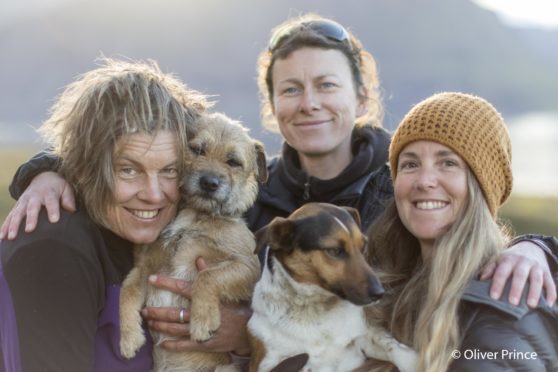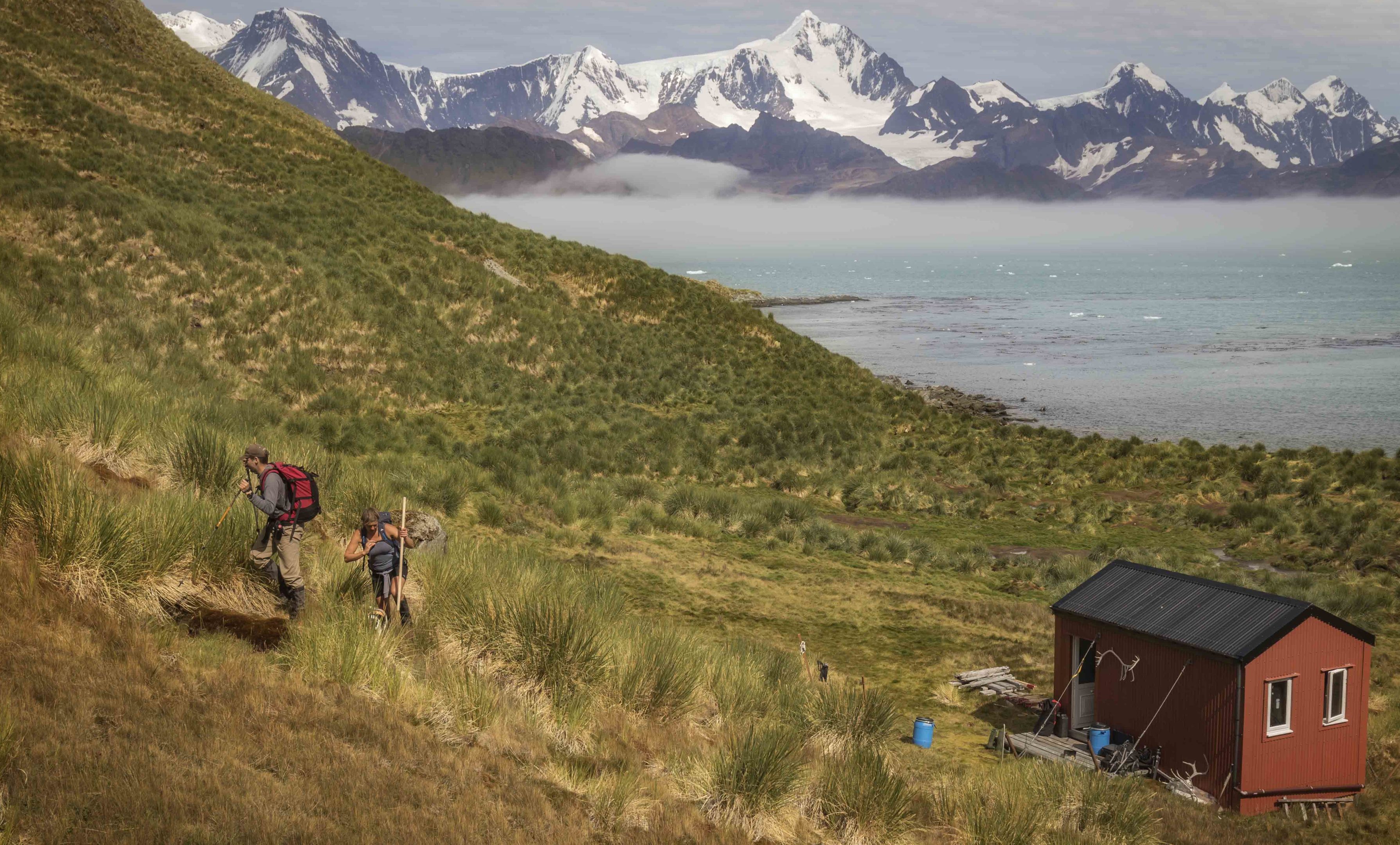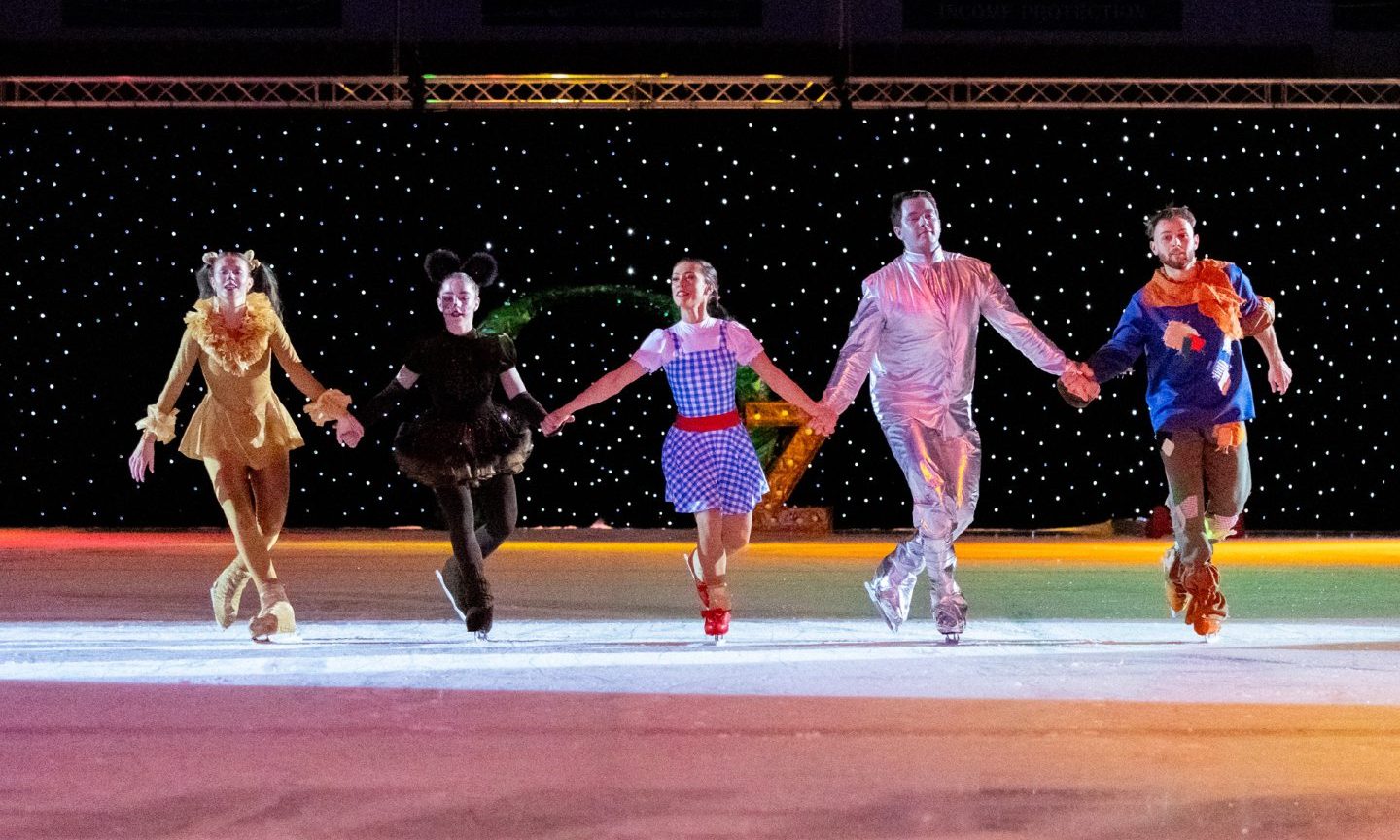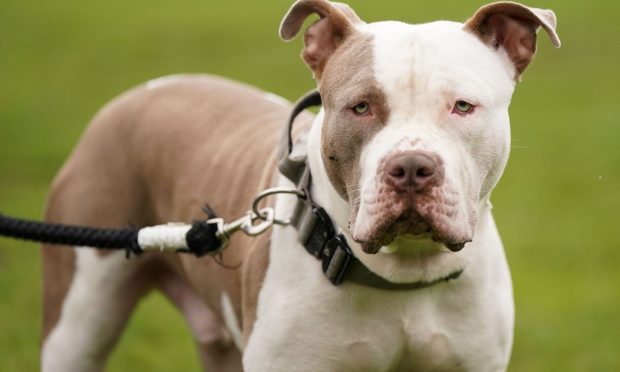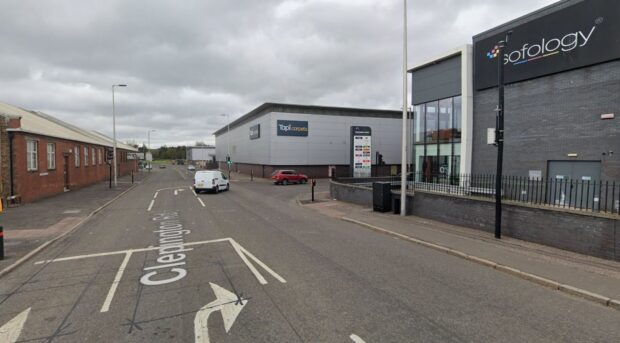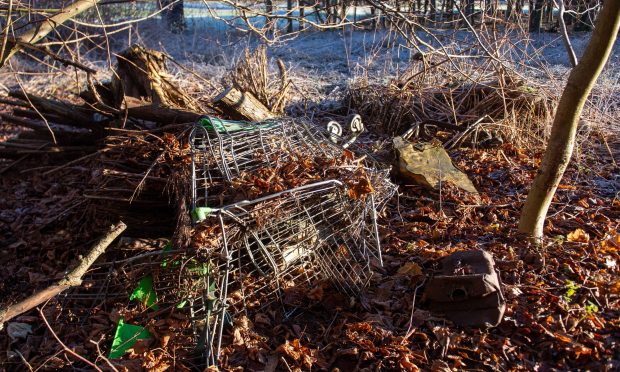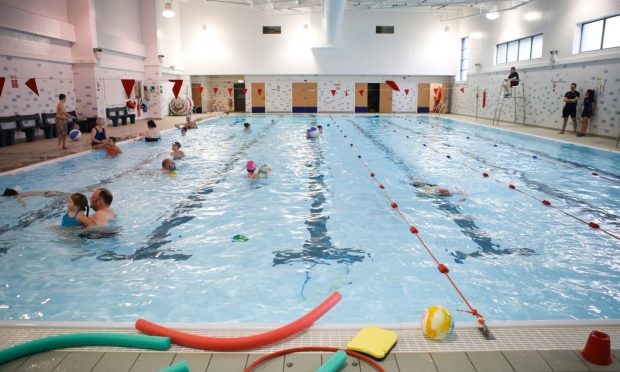For most people, walking the dog is an opportunity for a bit of fresh air and gentle exercise.
But for a team of 16 people hired by Dundee charity the South Georgia Trust there is a little bit more at stake — ensuring the sub-Antarctic island is free of rats so its natural wildlife can be restored.
Terriers Wai, Will and Ahu have been specially trained to search for rodents, predators that only arrived on South Georgia in the 18th century as stowaways on sealing and whaling ships.
Because the island’s native wildlife evolved free from rodent predators, their arrival wreaked havoc on South Georgia’s ground-nesting and burrowing birds, in particular the pipit and pintail.
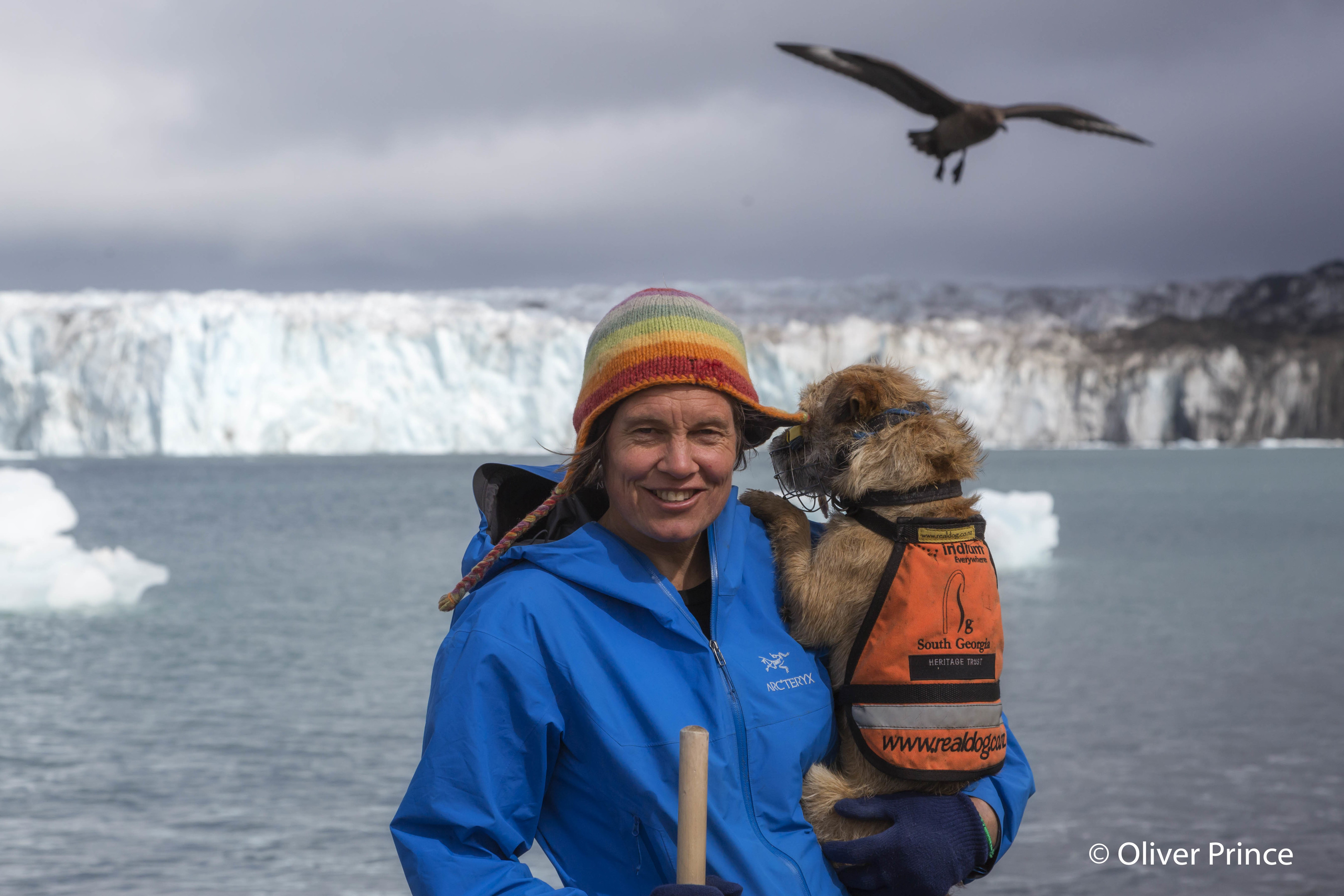
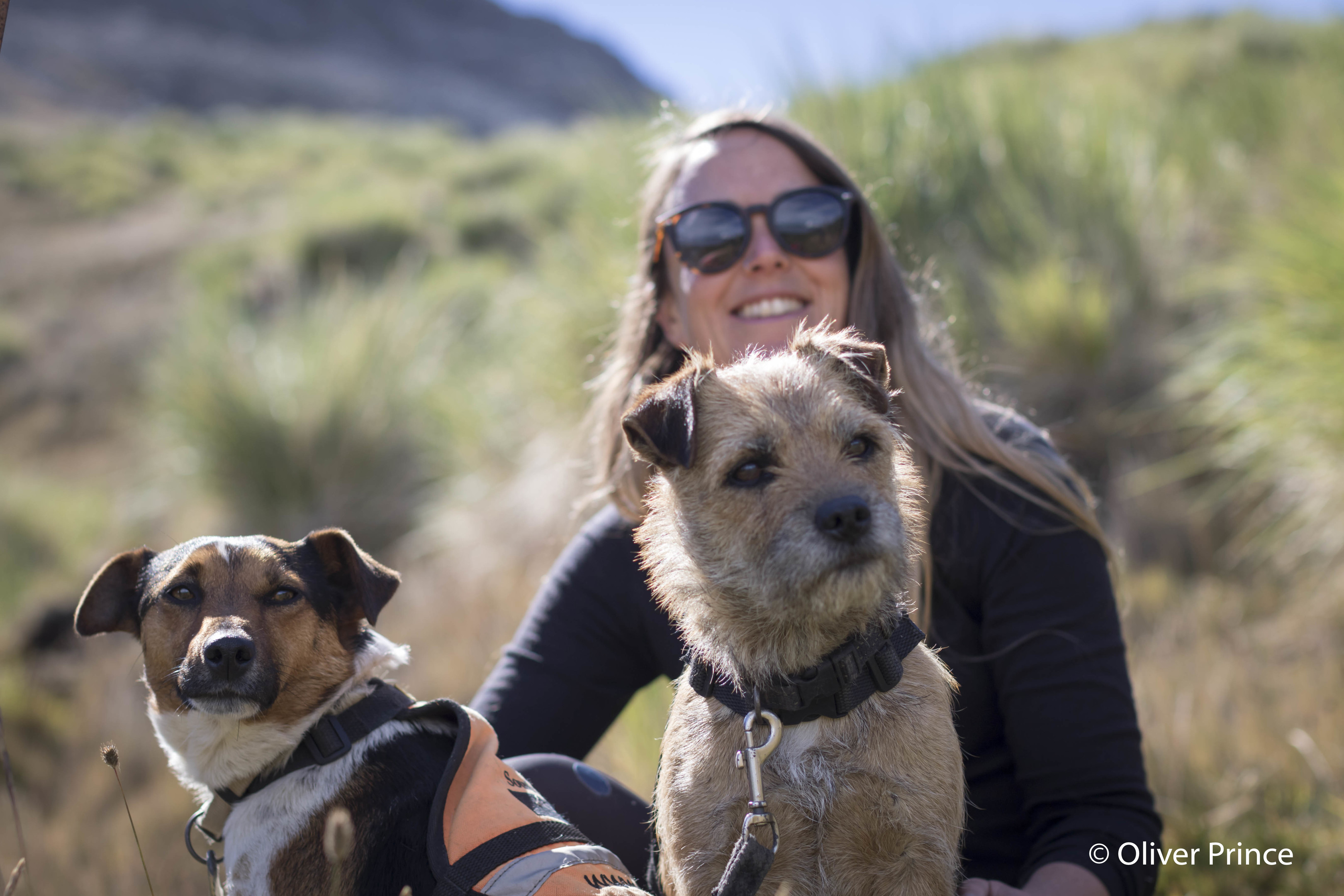
The Dundee-based SGHT started the world’s largest project to eradicate invasive species in 2011 in a bid to reverse the damage to the island’s wildlife.
Since the last extensive phase of baiting work in 2015, no sign of rodents has been detected and many bird species are already showing signs of recovery but a comprehensive survey is required before the island can officially be declared rodent-free.
The results of the survey will be announced in May.
With its complex terrain terrain and unpredictable weather conditions, the sub-Antarctic island of South Georgia, a British Overseas Territory, is one of the most remote and inhospitable places on Earth.
The dogs and their two female handlers, Miriam Ritchie and Jane Tansell, have so far walked a total of 1415 kilometres, with the dogs covering a total of 2124 km searching for signs of rats.
The distance will continue to mount as the monitoring survey progresses, but they have already surpassed the equivalent of the trek from Land’s End to John O’Groats.
Miriam said: “The size of the survey area is vast, and the dogs stay close to us, but of course they can detect smells from many metres away, so they help increase the range of what is actually covered on foot.
“They can also get to areas that are inaccessible to humans, such as nooks and crannies in the landscape, or within the former whaling stations.”
Miriam and Jane are experienced dog handlers from New Zealand and are used to working in remote environments.
Mirriam said: “All three of the dogs have a lovely, calm temperament and are very quiet around birds.
“Their training is as much about ignoring other smells, as it is about recognising rodent odour.
“South Georgia is famous for its vast penguin colonies and thousands of seals, and the dogs’ noses are filled with the intense smells of these animals the whole time. They have to ignore all this and simply focus on, and react to, the one extremely weak smell of rodents.”
The SGHT field team, dubbed “Team Rat”, started the monitoring survey in October 2017, and the handlers and their dogs joined in December 2017.
The team has been using a combination of detection methods during the survey, so in addition to the detector dogs, they have also used special inert devices, such as chewsticks and camera traps.
Over a thousand such devices have been deployed as part of the survey.
Dickie Hall, SGHT project director, said: “Following the baiting operation, there has been a remarkable and dramatic increase in the number and distribution of many bird species. The song of South Georgia pipits, the most southerly songbird, is now louder than the bark of elephant seals. However, this monitoring survey is essential before we can confidently declare South Georgia free of rodents.
“This survey has been the culmination of 10 years of planning and months of challenging field work over four sub-Antarctic seasons by an international team, led by SGHT.
“There is no room for error — we have to have eliminated every single last rodent if we are to save many vulnerable bird species like the South Georgia pipit from extinction.”
